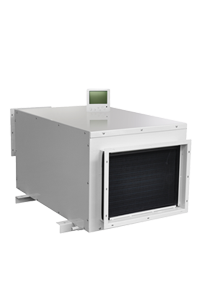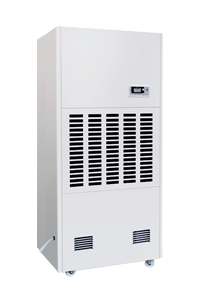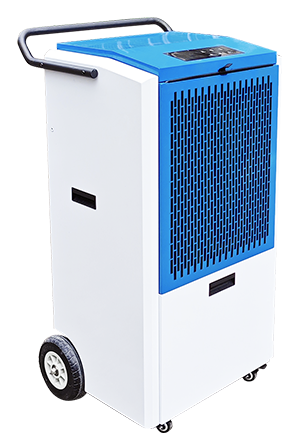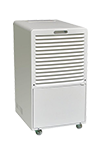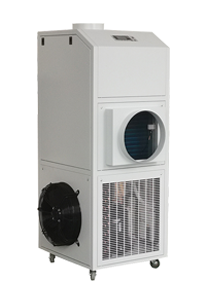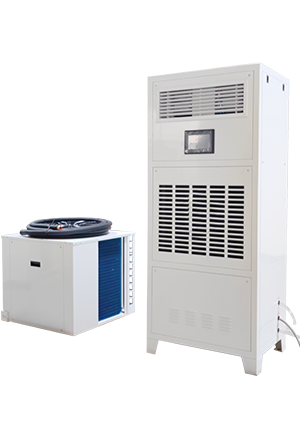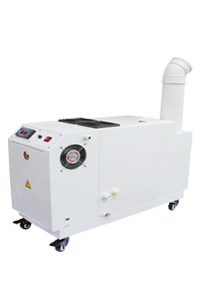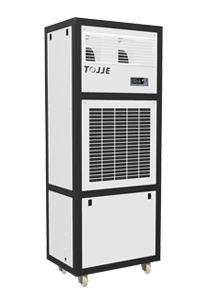News
An industrial dehumidifier with desiccant rotor technology is a highly effective system used for humidity control in industrial environments. These dehumidifiers are designed to operate efficiently in low-temperature or low-humidity conditions, where traditional refrigerant-based industrial dehumidifiers may not perform well. Here's an overview:
How Desiccant Rotor Technology Works:
- Desiccant Material: The core component is a rotor coated with desiccant material (such as silica gel) that absorbs moisture from the air.
-
Airflow Process:
- Process Air: Moist air passes through the rotor, and the desiccant absorbs the moisture, resulting in dry air output.
- Regeneration Air: The rotor rotates through a second air stream (heated air) that regenerates the desiccant by evaporating the absorbed moisture, which is then expelled from the system.
Advantages:
- Effective in Low Temperatures: Unlike refrigerant industrial dehumidifiers, desiccant systems can operate effectively in environments as low as -30°C, making them ideal for cold storage rooms or low-temperature industrial applications.
- Low Humidity Levels: These industrial dehumidifiers can achieve very low humidity levels, making them perfect for industries that require precise humidity control, such as pharmaceuticals, electronics manufacturing, and food processing.
- Energy Efficiency: While initial power consumption for heating the regeneration air may be higher, many modern desiccant dehumidifiers incorporate energy recovery systems to improve overall efficiency.
Key Features:
- High Capacity: Industrial units are capable of extracting large amounts of moisture, often ranging from 100 to 1,000+ liters per day, depending on the model and environment.
- Durability: Built to withstand harsh industrial conditions with robust construction and heavy-duty components.
- Continuous Operation: Designed for 24/7 operation, essential for industrial processes that require constant humidity control.
- Flexible Airflow Configurations: These industrial dehumidifiers often come with adjustable airflow settings to suit different needs, such as ventilation or drying processes.
Applications:
- Pharmaceutical Industry: To control moisture-sensitive processes like tablet manufacturing or powder storage.
- Food Processing: Helps in maintaining a dry environment to prevent mold growth and improve product shelf life.
- Electronics Manufacturing: Reduces the risk of moisture-related defects in sensitive components.
- Cold Storage and Freezer Warehouses: Prevents condensation and ice formation, improving safety and efficiency.
- Chemical and Aerospace Industries: Used in processes where low humidity is critical for product integrity.
These industrial dehumidifiers are customizable to fit specific industrial needs, such as integration into HVAC systems or mobile units for easy relocation within a facility.

